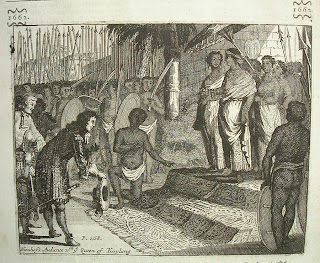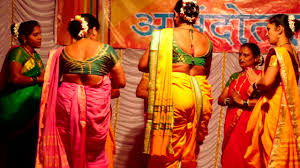Significance Pongal in other states of India:






Significance Pongal in other states of India:
Every year, Sambara Village in Makkuva Mandal, Vizianagaram District, Andhra Pradesh, celebrates Sambara Jatra. Every year, the village welcomes Polamamba on the Tuesday before the Pongal/Sankrati festival. Since Polamaba was born in Samabara village, all the villagers treat her as their own daughter. Every girl follows the tradition of visiting her parents' house for the Sankranti festival, and during this time, the village welcomes Polamaba. The temple will perform pujas until next Tuesday, during which devotees will take darshan of the Goddess. Many people from Uttarandhra, Odisha, Chhattisgarh, and Maharashtra will participate in the Sirimanotsavam festival on the third day. Karnataka celebrates the festival as 'Sankranti,' where people gaily decorate cows and bullocks and feed them 'Pongal,' a sweet preparation of rice. Temples and houses offer special prayers. Drums and music accompany the procession of cattle in the evening. At night, they light a bonfire and train the animals to jump over it. In some parts of Karnataka, it is customary to exchange white sesame (ellu), pieces of jaggery, peanuts, dry coconut, and sugar blocks (shakkare achchu) after the pujas. This is called ‘ellu birodu.’ ‘Kari Kadubus’ are prepared during Sankranti.
Every year, Sambara Village in Makkuva Mandal, Vizianagaram District, Andhra Pradesh, celebrates Sambara Jatra. Every year, the village welcomes Polamamba on the Tuesday before the Pongal/Sankrati festival. Since Polamaba was born in Samabara village, all the villagers treat her as their own daughter. Every girl follows the tradition of visiting her parents' house for the Sankranti festival, and during this time, the village welcomes Polamaba. The temple will perform pujas until next Tuesday, during which devotees will take darshan of the Goddess. Many people from Uttarandhra, Odisha, Chhattisgarh, and Maharashtra will participate in the Sirimanotsavam festival on the third day. Karnataka celebrates the festival as 'Sankranti,' where people gaily decorate cows and bullocks and feed them 'Pongal', a sweet preparation of rice. Temples and houses offer special prayers. Drums and music accompany the procession of cattle in the evening. At night, they light a bonfire and train the animals to jump over it. In some parts of Karnataka, it is customary to exchange white sesame (ellu), pieces of jaggery, peanuts, dry coconut, and sugar blocks (shakkare achchu) after the pujas. This is called ‘ellu birodu.’ ‘Kari Kadubus’ are prepared during Sankranti.
The flying of kites marks the celebration of Makar Sankranti on January 14 in Maharashtra. On this day, people exchange homemade delicacies like til (sesame) and gur (jaggery) laddoos and wish each other the sweetness of speech throughout the year, just the way the gur tastes.
Gujarat celebrates this day as Makar Sankranti. In Gujarat, the major event on this day is kite-flying. Ahmedabad, the capital city, hosts the International Kite Festival on January 14, coinciding with the Uttarayan festival. In Uttar Pradesh, the celebration is known as Makar Sankranti. Here, taking a ritual bath in the river is obligatory on this day. The Triveni Sangam in Allahabad also organizes a large mela or fair to commemorate Makar Sankranti.
In Kerala, Makar Sankranti coincides with ‘Makara Jyothi’ in the evening at the hill shrine of Sabarimala. During the evening Deeparadhana, thousands of devotees of Lord Ayyappa gather to witness the appearance of a star-like celestial light on the horizon. Special jewels known as Thiruvaabharanam adorn Lord Ayyappa.
Assam celebrates Bhogali Bihu, while Punjab celebrates Lohri. In Odisha, people prepare 'makar chaula(uncooked newly harvested rice, banana, coconut, jaggery, sesame, rasagola, and khoi and chhena puddings) for offering to gods and goddesses. West Bengal celebrates Sankranti, also known as Poush Sankranti after the Bengali month in which it falls, as a harvest festival known as Poush Parbon.










Comments